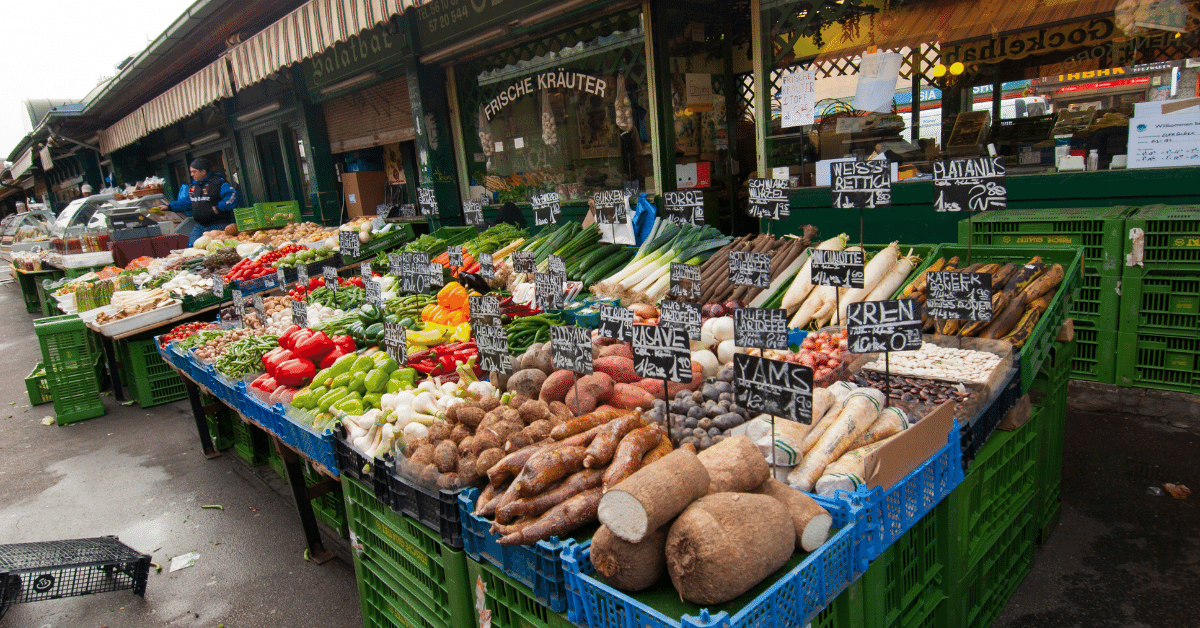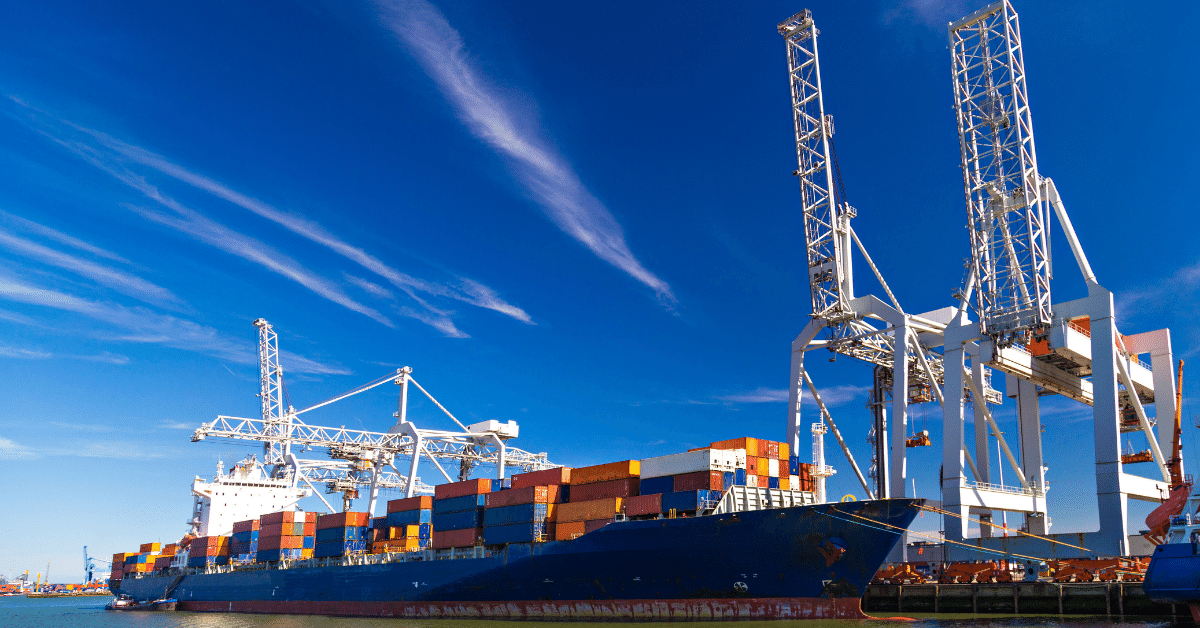Exporting to the EU or other international markets can be a great business idea for your company, but this will require an initial investment and a good understanding of why your company should export. Do you know if your company should export to the EU or other international markets? Is it really a good business idea for your products?
Watch our 5-minute video and learn about some assumptions and opportunities for companies that want to export to international markets.
Watch the video
6 key opportunities and assumptions to consider
First of all, the decision to start your export journey should be a business decision supported by the whole organisation. Considering the investments and challenges involved in exporting to international markets, it is key to have the support of the entire organization before embarking on this journey. Key to making this decision will be to discuss the opportunities that international markets offer, but also to test whether some of your assumptions about them are true. Some elements that you and your company should consider are:
1. Opportunities for value addition
International markets often offer many opportunities for value-addition. Due to its large population with a high purchasing power parity, the EU offers a big market for value-added products. A good example of opportunities for added value in the EU is our recent work with the Jatamansi producers of Nepal and obtaining their FairWild certificate. Click here to read about this story.
2. Prices
Prices for the same product are not always higher in export markets. Examples of this can be the shea market in which due to local supply shortage prices can be higher in local markets than in international markets. In addition to the above, prices in international markets may, in general, be higher, but exporting also comes with a considerable cost including logistics and the investment in addressing higher market requirements.
3. Absorption of higher volumes
Although prices may sometimes be lower than in local markets, international markets absorb larger volumes. You may be able to make a bigger profit, as long as those larger export volumes can compensate for the lower prices. However, depending on your product, you may need a long introduction time (more than a couple of years) before you can access these higher volumes.
4. Buyer requirements
Export markets have higher requirements. In an upcoming article, we will explain some of the buyer requirements that you should consider before deciding to start exporting to international markets. The more requirements there are on the buyer’s side, the more short-term investments you will have to make to meet them. High-standards international markets, such as the EU, can often also mean long-term investments, such as organic certification, which can take up to 4 years.
5. Competition is stronger
Export markets are bigger and there are more suppliers. This makes the competition stronger, so understanding your value proposition and what makes your product unique is key.
6. Retail and wholesale markets are less fragmented
In large export markets such as the EU, the retail and wholesale market is less fragmented than in local markets. This is a great advantage as it is less demanding to sell larger quantities.
So, should your company export to the EU or other international markets?
At ProFound we are experts in supporting companies that want to export to international markets. While this article and video provide a good guide on what to look for when making this decision, we suggest that you ask for the support of an export market expert.
Would you like to understand if your company should start exporting to the EU or other international markets?
Then, contact us, we can help you make this decision.






